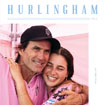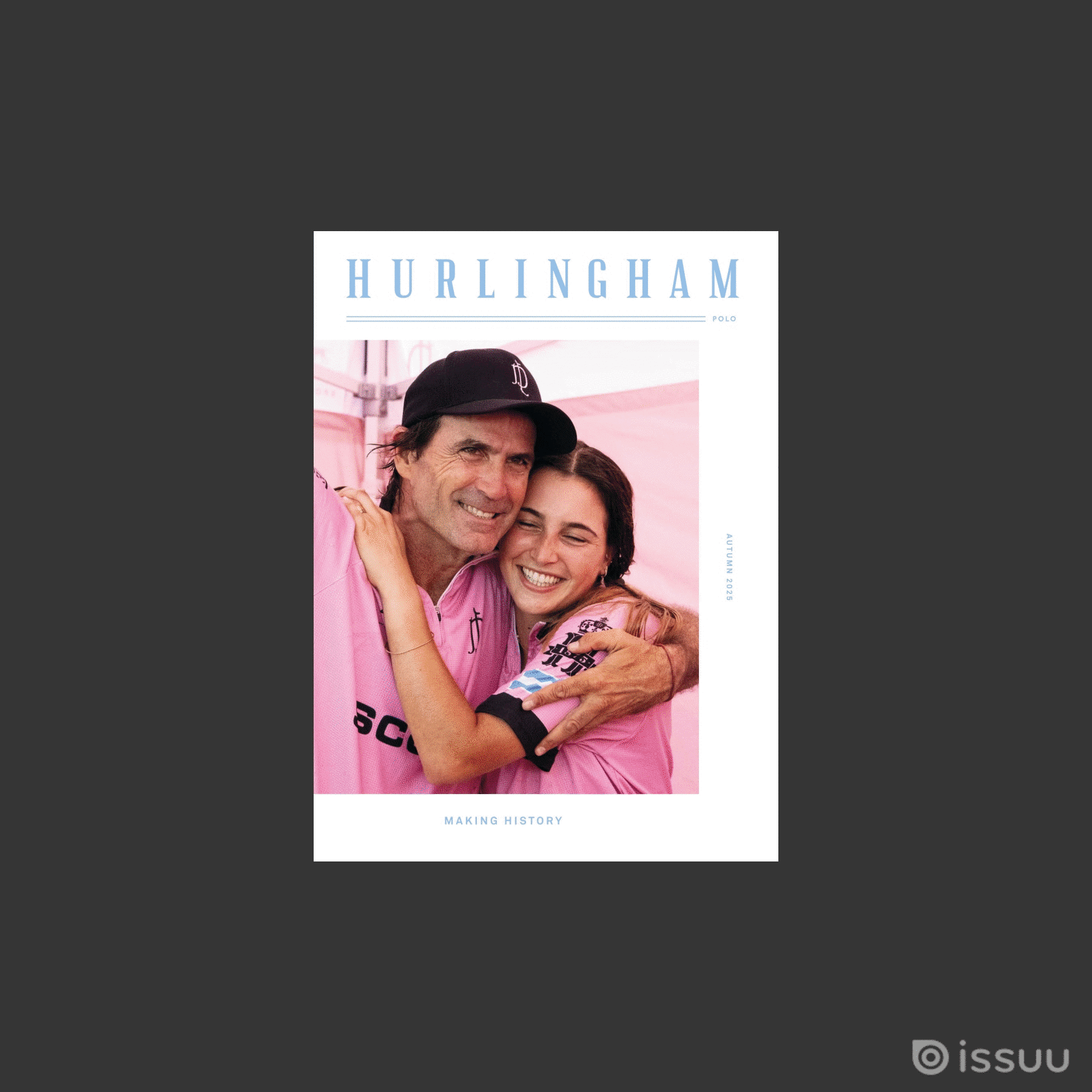ON BEHALF OF PETER RIZZO
Dear USPA Members and Friends:
I wanted to share some exciting news with you. “60 Minutes” will be running a segment about the sport of polo this Sunday, April 8.“60 Minutes” airs on the CBS Television Network from 7:00-8:00 PM ET/PT and this Sunday’s timeslot is ideal, as it is immediately following the Masters golf tournament, on Easter Sunday (make sure to set your DVRs to record “The Amazing Race” during the 8:00-9:00 PM timeslot as well as we expect the show to start late following the golf tournament and expect our segment to be last).
While the producers of the show hold complete editorial control of this segment, the story is designed to introduce the ‘real’ sport of polo to America. Hosted by renowned CBS correspondent Lara Logan, it will give viewers an inside glimpse of the sport via interviews with people including Nacho Figueras, Owen Rinehart, Kareem Rosser and Peter Brant.
The story originated after a CBS Sunday Morning piece on Nacho from several years ago and eventually we were able to expand the story to what we believe will air tomorrow. Thank you Nacho for moving this along. As the organizing body for the sport of polo, the USPA has approached this opportunity with both great anticipation and great caution over the course of the past year and while working with the producers. Our hope is that those efforts have helped shape the show into a segment that all USPA members, players and fans will be proud of.
Along with our PR firm FWV, I and others from our communications team have been in contact with the producers each month over the past year and have worked hand-in-hand to push ‘real’ polo messaging. Besides the CBS Sunday Morning piece, several key stories and segments have combined to get this on the “60 Minutes” radar including ESPN’s E:60 segment on the Work to Ride program which you can view here if you have not seen it before: http://espn.go.com/espn/e60/story/_/id/7093372/philadelphia-inner-city-students-follow-unusual-path-learn-play-polo-win-national-title
The entire USPA communications team has collectively done everything within our power to ensure the segment sheds a positive light on the sport. According to Max McClellan, one of the primary “60 Minutes” producers working on this piece: “This piece is completely positive; no surprises whatsoever. It’s led by Nacho and backed up by Peter Brant, Owen Rinehartand Kareem Rosser (of WTR fame). It’s literally meant to give people a sense of a sport they don’t know much about and to try to take them “inside” for a brief moment, courtesy of these interviewees…if we do a good job stitching together our elements, you’ll be totally happy, I’m sure. It does not break any new ground at all, so I don’t want to oversell it; it’s simply an introduction to the sport.” (Max McClellan, “60 Minutes”producer)
Despite this information, it is important to note that no matter how hard we all have tried to shape this story, “60 Minutes” ultimately controls their programming. We are never able to see a full segment before it airs, and we can only hope that this piece exposes the greatest aspects of this terrific sport and lifestyle. Watch an excerpt: http://www.cbsnews.com/video/watch/d=7404402n<http://www.cbsnews.com/video/watch/?id=7404402n.
One of the ways to increase the popularity of polo in the U.S. is to mentor and promote young players like Kareem Rosser, who was voted the best high school polo player in the nation last year and is now a member of the USPA’s Team USPA program. Rosser took advantage of a youth polo program in West Philadelphia that taught inner-city youths like him the 2,000-year-old sport.
Logan also interviews Owen Rinehart, a legendary polo player who now breeds horses for the sport and Peter Brant, a “polo patron,” who backs polo teams financially in return for the opportunity to play in matches with the greats. She also spends time with the sport’s most important factors: the horses.
Assuming that Sunday’s story is a positive one, the USPA communications team and FWV will leverage the coverage to the fullest extent possible, which will include merchandising on social media channels and working with key writers to extend the reach of the piece. In addition to the segment that runs on television, the story will also likely appear in its entirety – if not to a greater extent – online, so we will work to determine the best way to capitalize on that.


